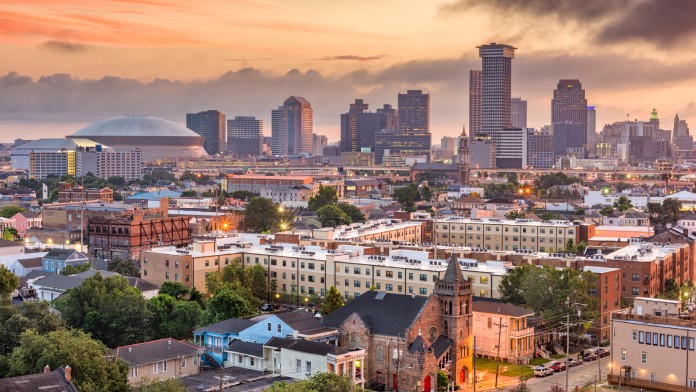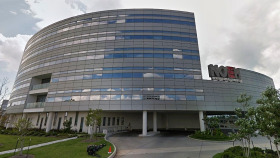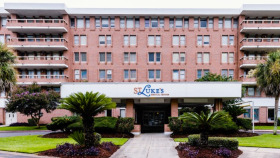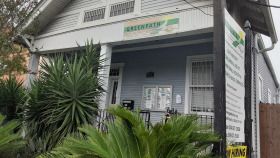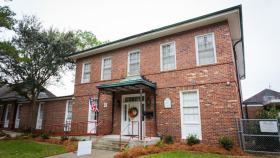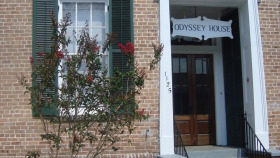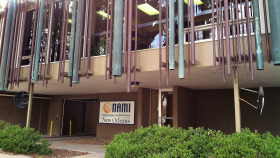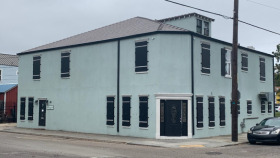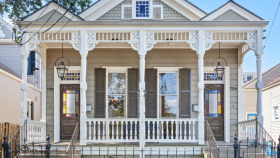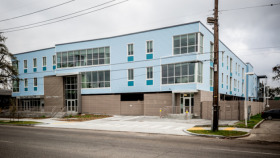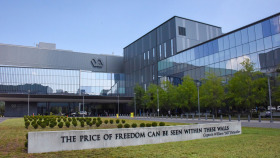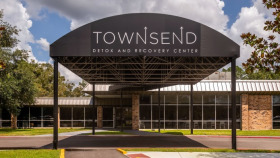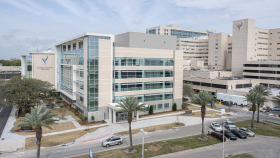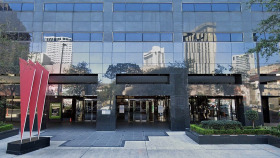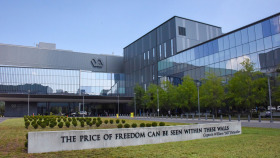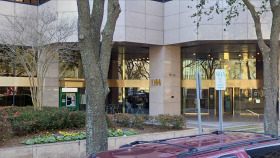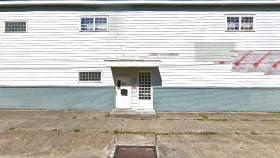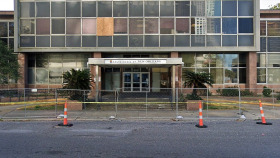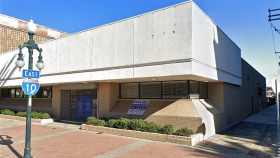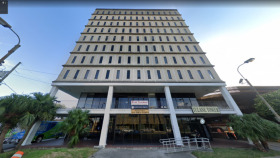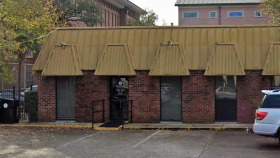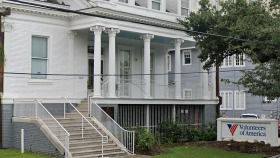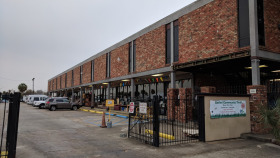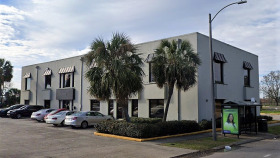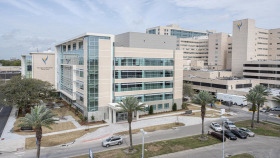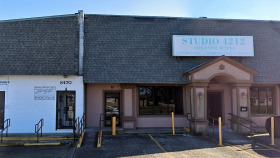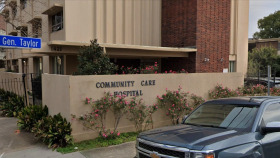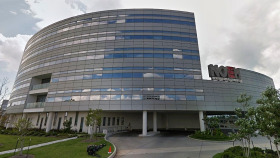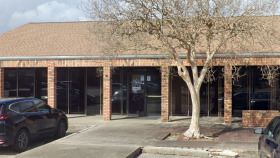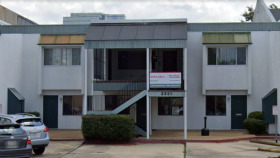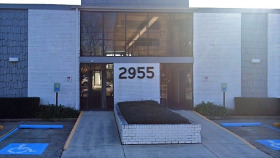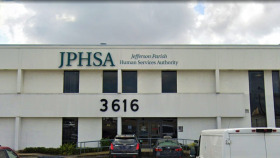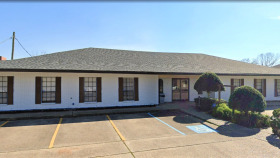Expert Insights
Many people might think that Mardi Gras would be off limits to those who are in recovery, but thanks to a smart woman on a mission, that’s no longer the case. Elaine Tang, who is originally from Tennessee, says she had nothing but bad memories of Mardi Gras – she was usually blacked out or getting her stomach pumped at the local ER. After she got sober, she had an idea: why not get a large group of sober people together, hold each other accountable, and go to Mardi Gras sober? And that’s how Mardi Gras Sover Safe Spots were born. One “Safe Spot” is on the Orleans parade route on St. Charles and Napoleon, while the other is on the Jefferson parade route at Veterans and Causeway. This is a great example of how you can still go out and have fun without alcohol and drugs!
~ Rita Milios
How Expensive is Drug Rehab in New Orleans?
What you pay for drug rehab in New Orleans will vary depending on many factors, including the insurance coverage you have, if any. Outpatient drug rehab may cost anywhere from $1,000 to $10,000—sometimes more, depending on the intensiveness of the program and how long you attend.
Meanwhile, inpatient rehab in New Orleans may cost anywhere from $5,000-$50,000.
Other factors that determine New Orleans drug rehab costs are location, private versus public, amenities, level of care, and length of stay. Don’t let potential costs prevent you from seeking substance abuse treatment. Most drug rehabs in New Orleans offer multiple payment options at a discounted rate or free of charge.
Drug and alcohol rehabs in New Orleans can do this with scholarships, grants, state and federal funding, payment plans, sliding-scale fees, foundations, etc.
Are There Low-Cost and Free Drug Rehab Centers in New Orleans?
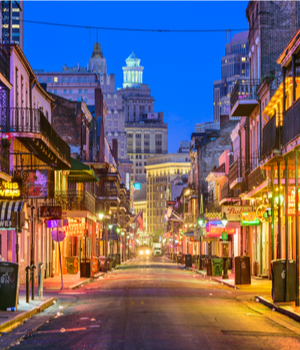 State-funded New Orleans alcohol rehabs and drug rehabs provide drug and alcohol treatment to anyone needing recovery resources. If you have no income, treatment is free. Treatment fees may be a small percentage of the total costs if you have an income.
State-funded New Orleans alcohol rehabs and drug rehabs provide drug and alcohol treatment to anyone needing recovery resources. If you have no income, treatment is free. Treatment fees may be a small percentage of the total costs if you have an income.
Priority for treatment is given to disadvantaged populations, people eligible for Medicare, and pregnant women. State-funded drug rehabs in New Orleans are paid using tax dollars. They will provide you with an assessment for an accurate level of care. Upon your first meeting, you may need to show identification and proof of income or lack of income. Proof of insurance coverage or lack of insurance may also be required.
Drug and alcohol misuse often causes financial difficulties. With the help of state and federal grants, New Orleans drug rehabs can provide detox, inpatient, and outpatient services to you at low or no charge.
Examples of federally funded alcohol and drug programs in New Orleans working to ensure everyone receives the help they need include:4
- Opioid Survival Connection
- New Orleans Opioid Task Force
- Community Health Improvement Plan (CHIP)
- Sobering House at Odyssey House Louisiana
- Assisted Outpatient Treatment (AOT)
- Law Enforcement Assisted Diversion (LEAD)
- Naloxone Distribution
If you have insurance, using it can significantly reduce the payment you are responsible for. Some free drug and alcohol rehabs in New Orleans charge a small percentage of the cost the insurance company does not pay.
Resources
- DEA New Orleans Division. (2016). Greater New Orleans Situational Drug Report.
- New Orleans Coroner. (2021). 2019/2020 Coroner’s Report on Accidental Drug-Related Deaths in New Orleans.
- New Orleans Health Department. (2019). New Orleans Community Health Assessment.
- The city of New Orleans. (2022). Behavioral Health.
- The city of New Orleans. (2014). A Guide to Behavioral Health Resources in the Greater New Orleans Area.
- National Alliance on Mental Illness. (2017). Mental Health By The Numbers.
- Louisiana Department of Health. (2017). Opioid Abuse, Prevention, Treatment, and Policy.

